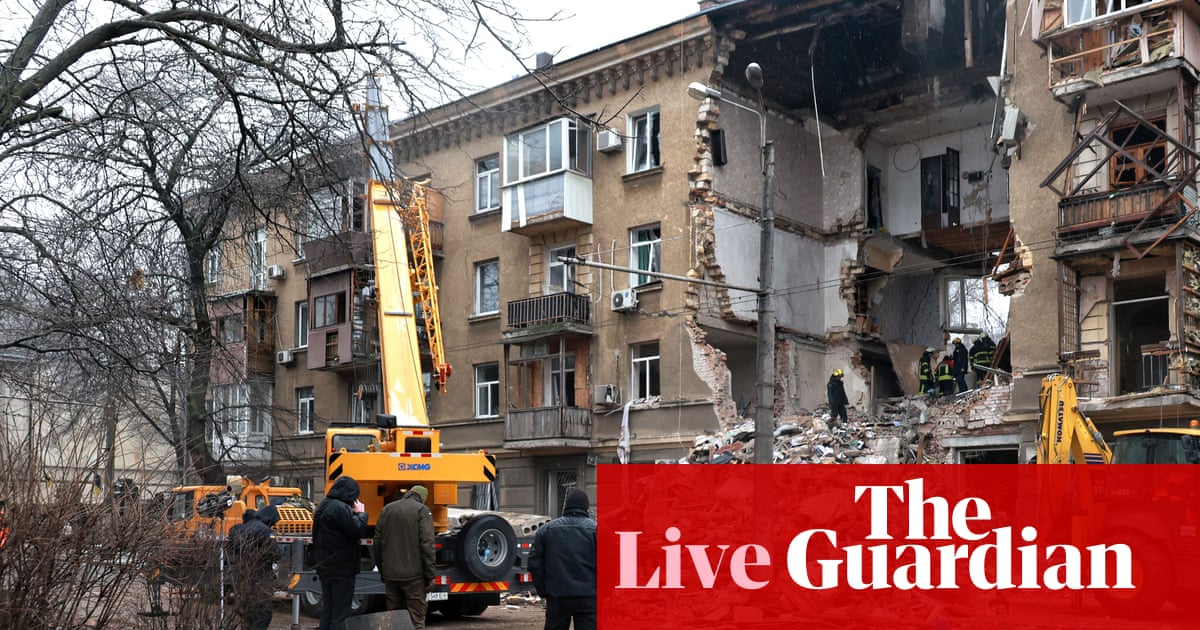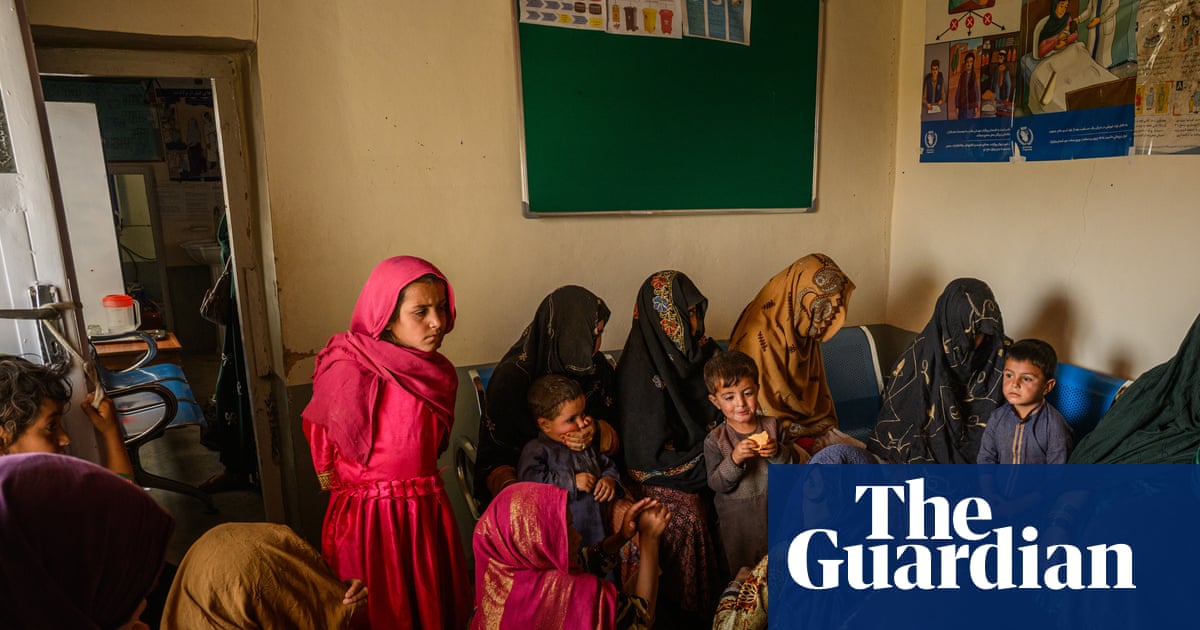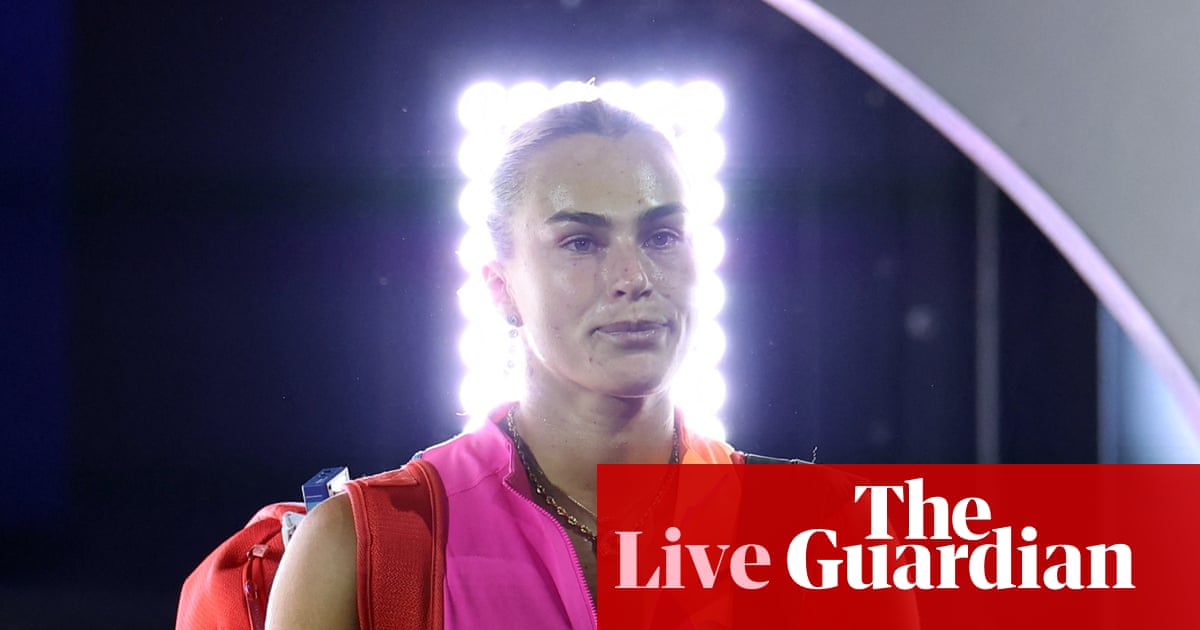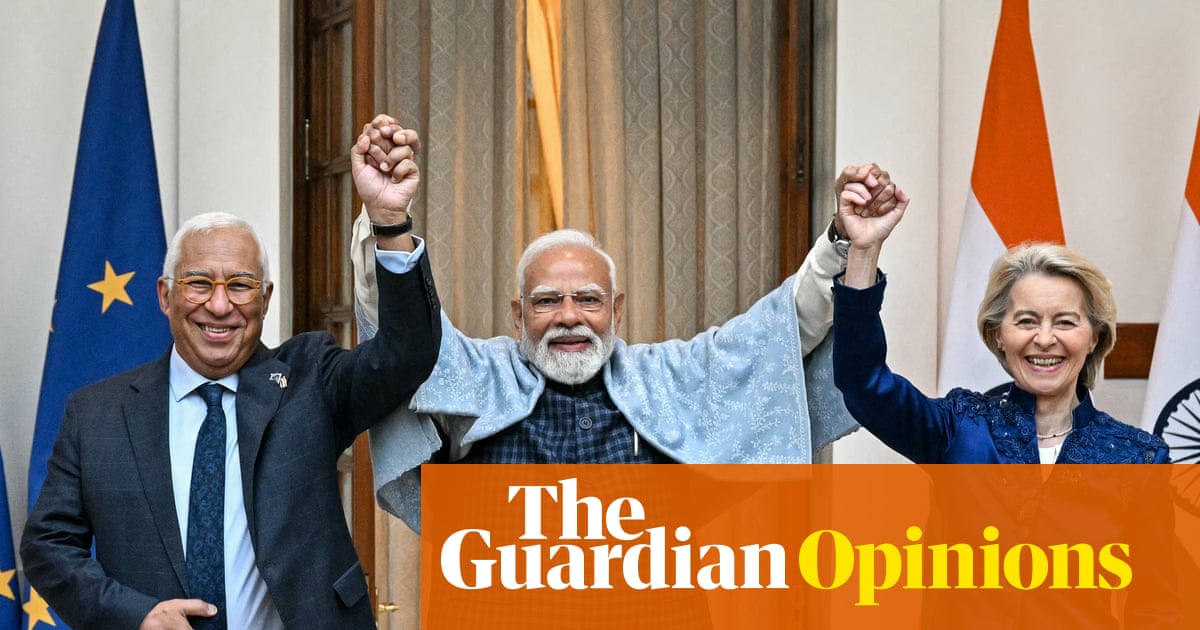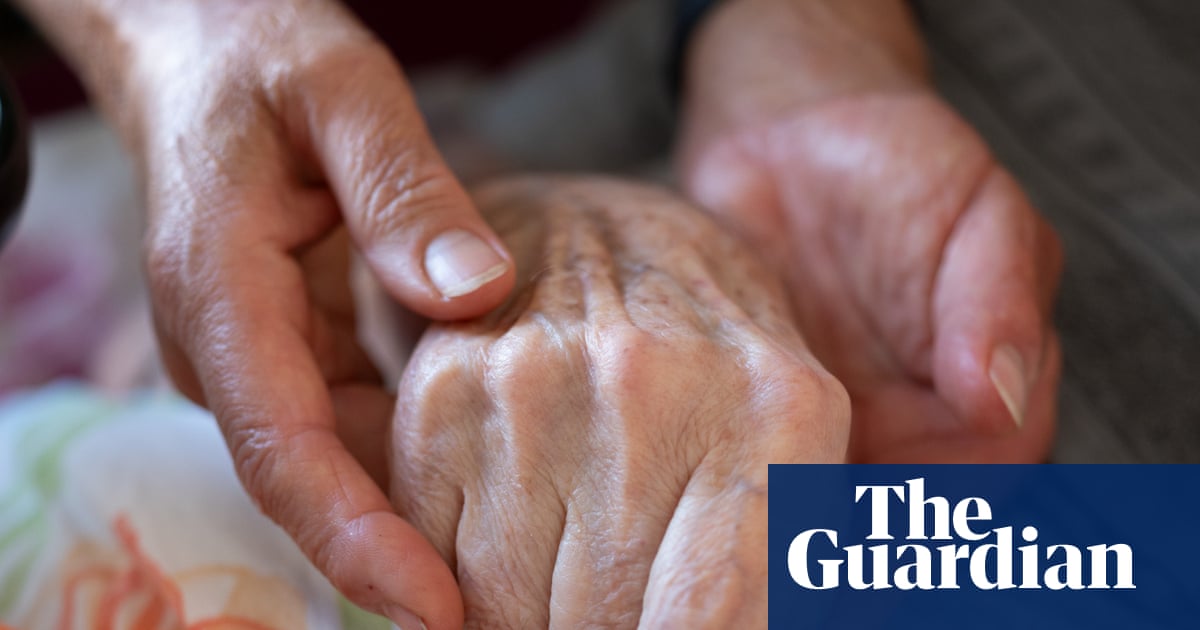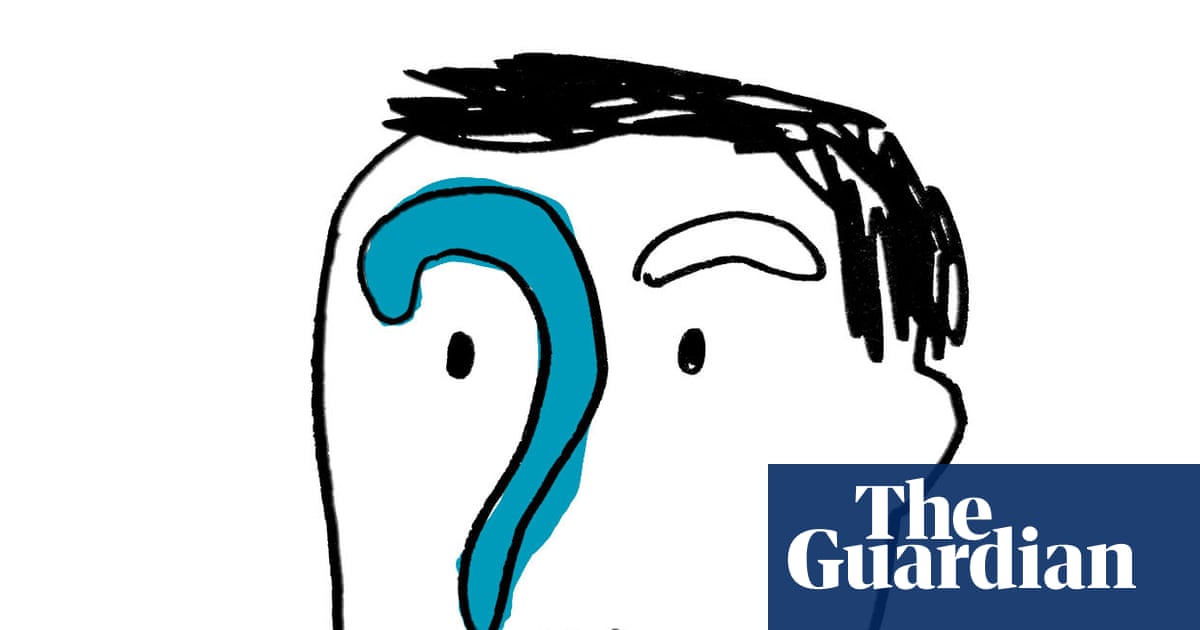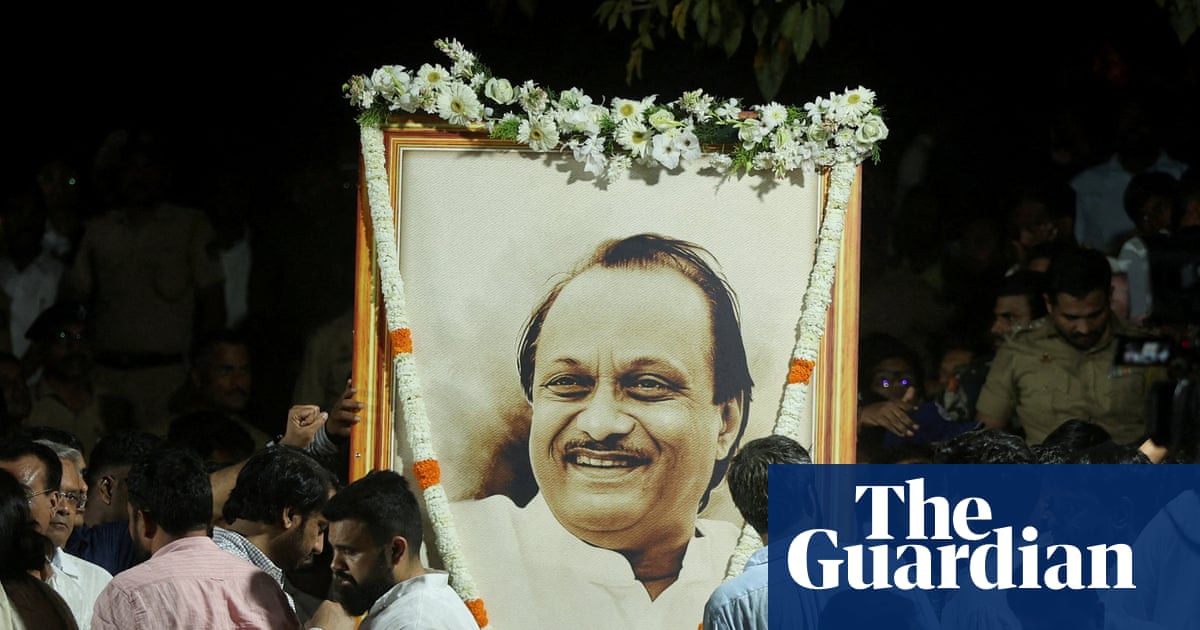The European Union could admit new members by 2030, its foreign policy chief has said, as officials praised reform efforts by frontrunners Montenegro and Albania, while criticising backsliding in Serbia and an even steeper democratic decline in Georgia.
The verdicts came as the European Commission published its annual report cards on 10 countries that aspire to join the EU, after the invasion of Ukraine in 2022 injected new momentum into a process that had long been moribund.
“Russia’s full-scale invasion in Ukraine and the geopolitical shifts make the case for enlargement very clear cut,” Kaja Kallas told reporters. “It is a necessity if we want to be a stronger player on the world stage.”
She added that “new countries joining the European Union by 2030 is a realistic goal” and said Montenegro was the most advanced in the accession process and a frontrunner for membership, alongside Albania.
Kallas, a former prime minister of Estonia, also said EU membership could be a “major security guarantee” for Ukraine and that no candidate country had ever implemented such sweeping reforms while at war.
Speaking to a Brussels audience from the embattled city of Pokrovsk, Ukraine’s president, Volodymyr Zelenskyy, said he wanted Ukraine to join the EU before 2030.
Officials also praised Moldova, whose government has accused Russia of mounting an unprecedented underhand campaign to sway voters through illicit party funding, vote buying and propaganda campaigns. The EU enlargement commissioner, Marta Kos, said Moldova, which has a population of 2.4 million, had made the greatest progress of any country in one year, “despite the continuous hybrid threats and attempts to destabilise the country on its EU course”.
But there was sharp criticism of authorities in Georgia, which Kos said was an EU candidate country in name only. EU leaders halted Georgia’s accession talks last year, after a violent crackdown on peaceful protesters when they took to the streets against the government’s Russian-inspired “foreign agents” law, which requires civil society groups to register under this stigmatising label if they receive funds from abroad.
The European parliament reported in July that after the protests, more than 500 people had been detained under “administrative procedures”, 300 of whom were then subject to torture or other forms of inhuman and degrading treatment.
Addressing Georgian government leaders directly, Kos said they were dragging people away from the EU: “If you are serious about the EU, then listen to your people and stop putting the opposition leaders and journalists and people who think differently than you into jail. Then we can talk.”
Officials said the outlook was mixed for Serbia, whose authoritarian president, Aleksandar Vučić, has faced a year of mass protests against corruption, triggered by the Novi Sad railway station disaster, in which a collapsing roof canopy killed 16 people. The commission, long accused of being too soft on Serbia, has recently taken a stronger line against the government. Kos criticised “backsliding on freedom of expression and academic expression” and said Serbian authorities needed “to make their strategic choice clear” by avoiding anti-EU rhetoric.
EU enlargement requires unanimity of the existing 27 member states, including Hungary. The Hungarian government is blocking the next step in accession talks for Ukraine, with the inadvertent effect of halting Moldova’s progress, as the two processes are linked.
To evade the Budapest veto, officials are studying how to advance on negotiations without getting formal signoff from all 27 countries.
Some politicians have called for the EU to reform itself before admitting new members, amid concerns a union of 35+ countries would be a recipe for political paralysis. This could mean, for instance, abolishing the veto on foreign policy that has been blamed for the EU being “held hostage” by one member state.
Kos suggested it was not necessary to reform the EU before admitting Montenegro, population 624,000 or Albania, which has 2.7 million people, according to World Bank data. She said there would be “no big financial implications” or for any area that is important to existing members of enlargement to these countries.
Privately officials concede Ukraine, which had a prewar population of 41.4 million and has huge reconstruction needs, is a different story and entering the EU will pose tough choices for some of Kyiv’s staunchest allies, especially net recipients of EU funds, such as Poland.
Asked about ending foreign policy vetoes, Kallas said the EU had a chance to discuss how it functioned, adding: “The world order is changing as we speak and it’s a question for us, what is our role there, and whether we are able to play this geopolitical game, and we are only able to play this game if we are able to adopt decisions.”

 2 months ago
56
2 months ago
56
